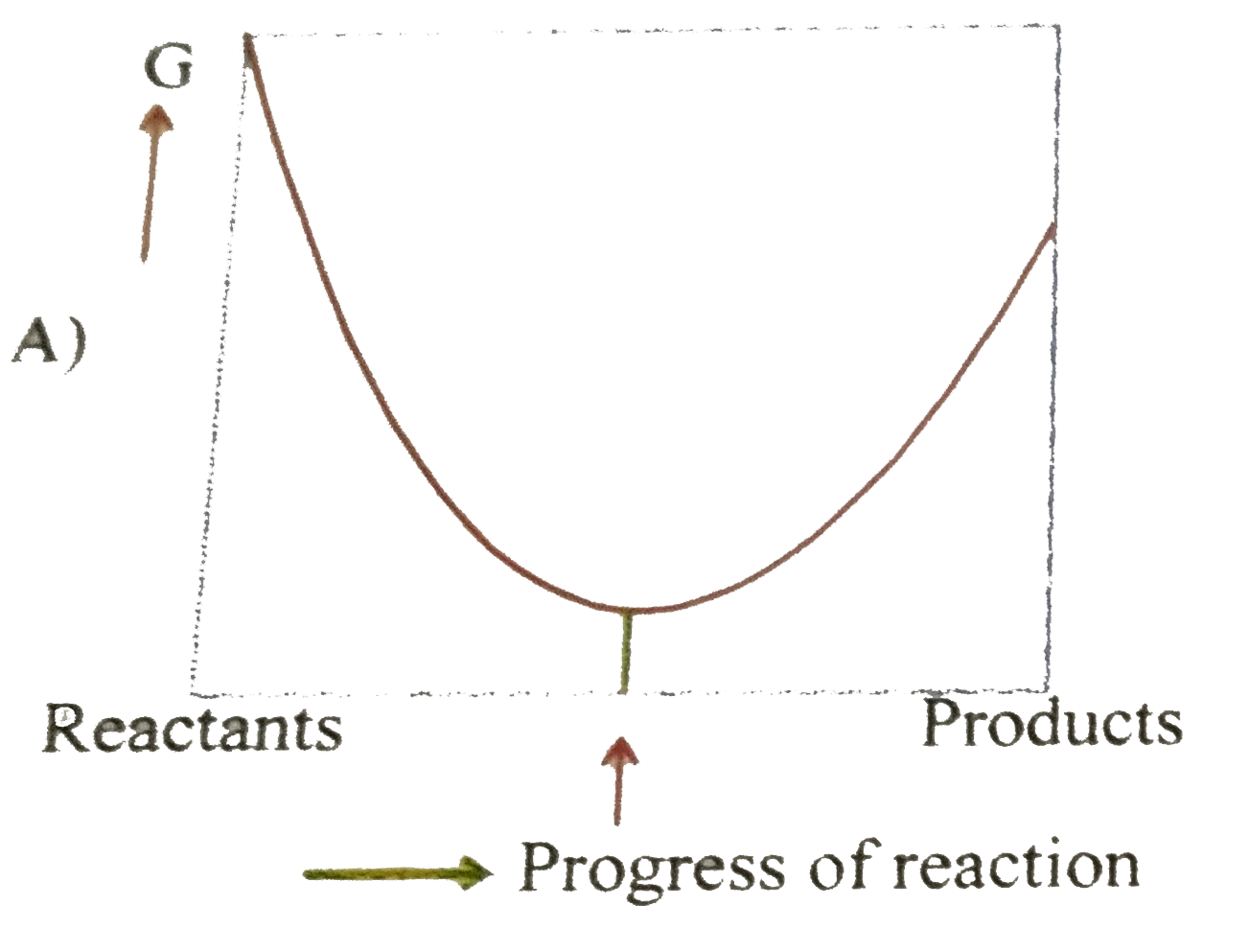Name the factors which can disturb the state of equilibrium in a reversible reaction.
Step by step video & image solution for Name the factors which can disturb the state of equilibrium in a reversible reaction. by Chemistry experts to help you in doubts & scoring excellent marks in Class 11 exams.
Updated on:21/07/2023Topper's Solved these Questions
- EQUILIBRIUMBOOK - MODERN PUBLICATIONCHAPTER - EQUILIBRIUMEXERCISE - Revision Exercise ( short )
44 Videos
- EQUILIBRIUMBOOK - MODERN PUBLICATIONCHAPTER - EQUILIBRIUMEXERCISE - Revision Exercise ( Long )
13 Videos
- EQUILIBRIUMBOOK - MODERN PUBLICATIONCHAPTER - EQUILIBRIUMEXERCISE - Revision Exercise (Assertion Reason )
15 Videos
- ENVIRONMENTAL POLLUTION BOOK - MODERN PUBLICATIONCHAPTER - ENVIRONMENTAL POLLUTION EXERCISE - UNIT PRACTICE TEST
15 Videos
- HALOALKANES AND HALOARENESBOOK - MODERN PUBLICATIONCHAPTER - HALOALKANES AND HALOARENESEXERCISE - UNIT PRACTICE TEST
12 Videos
Similar Questions
Knowledge Check
Temperature pressure and molar concentration are the three factors which can disturb the equilibrium in a reversible reaction. Their effect is governed by Le Chatelier's principle . Whereas high concentration of the reactants always favours the formation of the products irrespective of its nature the effect of temperature and pressure depends upon the nature of the reaction . pressure does not disturb the equilibrium point in a reaction in which the reactants and products have same number of moles in the gaseous state.
For a reaction
CO(g)+H2O(g)⇔CO2(g)+H2(g)
at a given temperature the equilibrium amount of CO2
(g) can be increased byAadding a catalystBadding and inert gasCdecreasing the volume of the containerDincreasing the amount of CO (g).Temperature pressure and molar concentration are the three factors which can disturb the equilibrium in a reversible reaction. Their effect is governed by Le Chatelier's principle . Whereas high concentration of the reactants always favours the formation of the products irrespective of its nature the effect of temperature and pressure depends upon the nature of the reaction . pressure does not disturb the equilibrium point in a reaction in which the reactants and products have same number of moles in the gaseous state.
In a closed system
A(s)⇔2B(g)+3C(g)
if partical pressure of C is doubled then partial pressure of B will be :A2√2 times the original valueB12 times the original valueC2 times of the original valueD12√2 times the original value.Which of the following does not influence the chemical equilibrium of a reversible reaction?
ATemperature changeBCatalystCPressure changeDIncrease in concentration of reactants.
Which is/are true for a reversible reaction?
View SolutionWhen reaction is at standard state at equilibrium, then
View SolutionFor a reversible reaction at constant temperature and at constant pressure the equilibrium composition of reaction mixture corresponds to the lowest point on Gibbls energy Vs progress of reaction diagrams as shown. At equilibrium Gibbs energy of reaction is equal to zero.

Which diagram represents the large value of equilibrium constant for the reversible reaction
View SolutionWhen reaction is at standard state at equilibrium , then:
View SolutionWhich of the following are reversible reactions ?
View Solution
